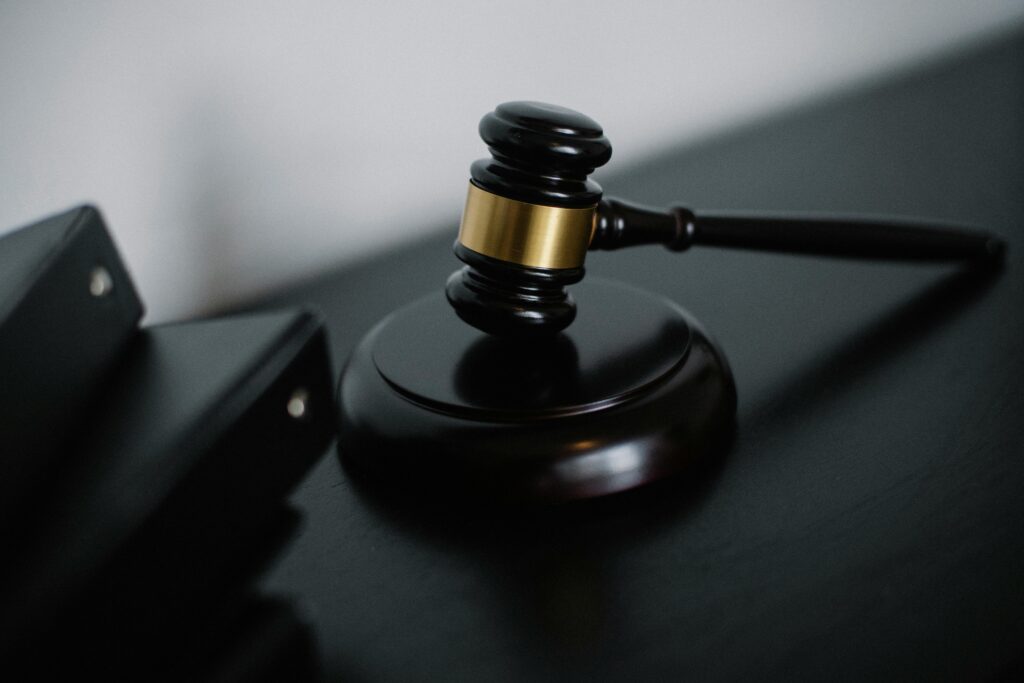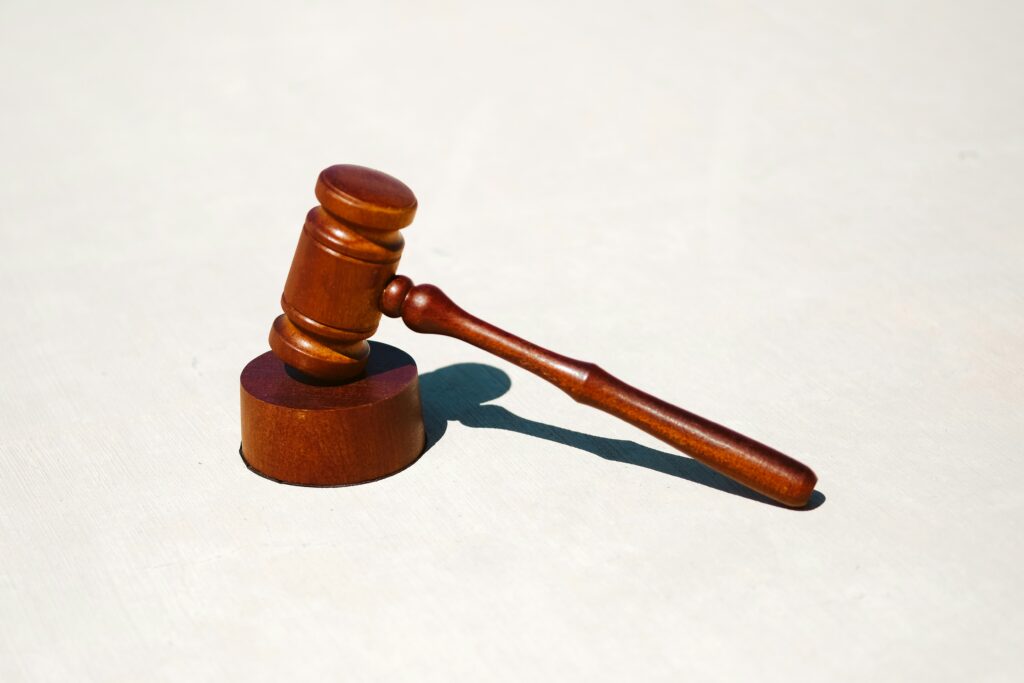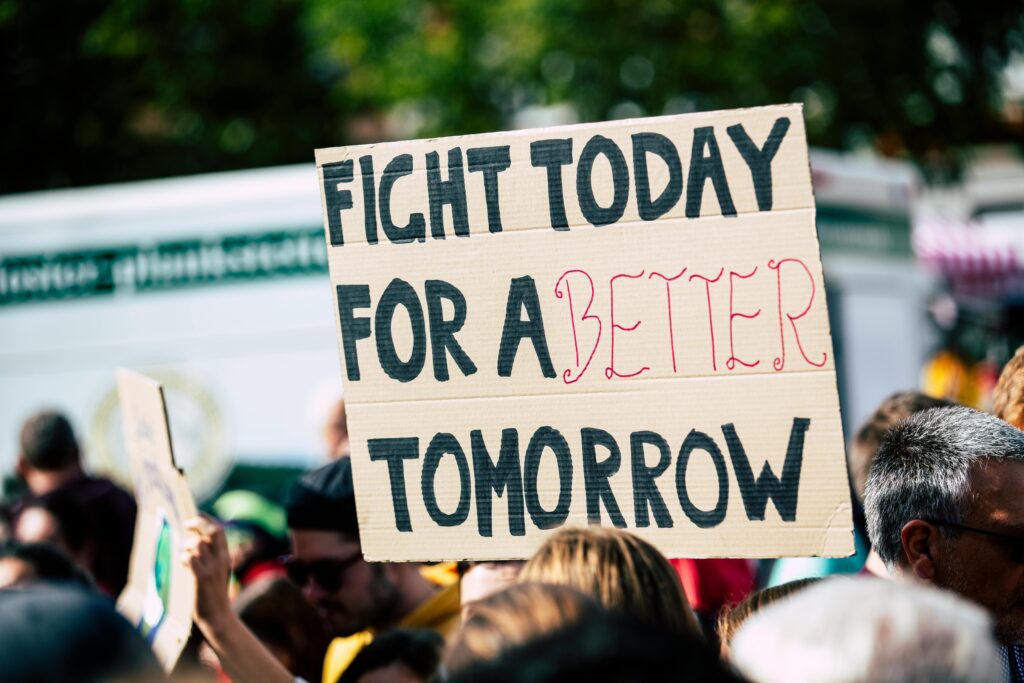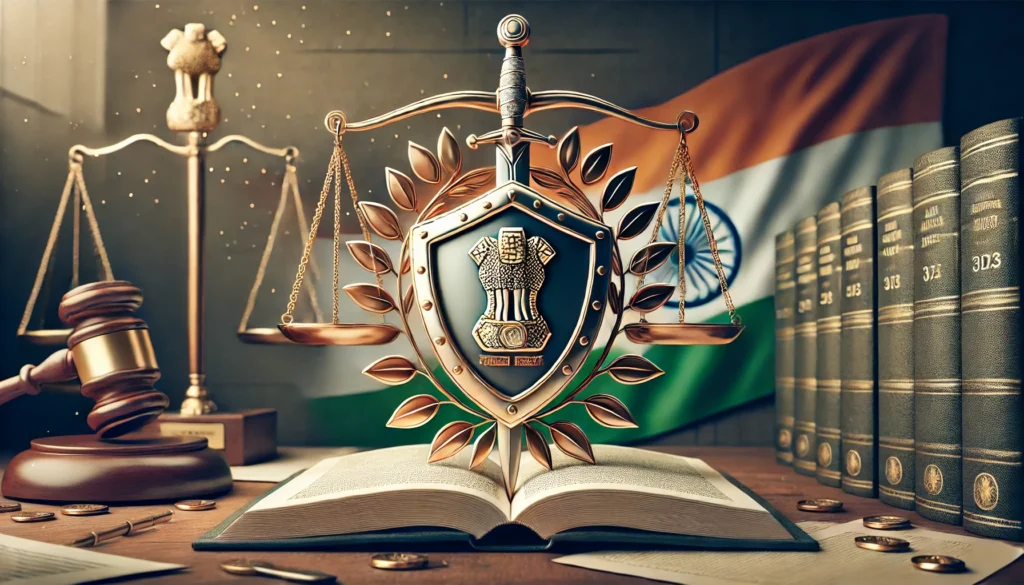Published On: August 29th 2025
Authored By: Preesha Kapoor
NMIMS MUMBAI, KPMSOL
INTRODUCTION
Lord Acton has rightly said, “Power tends to corrupt, and absolute power corrupts absolutely.” The legal framework related to matrimonial disputes, particularly allegations of cruelty under Section 498A IPC[1], stands as an instrument in protecting women from systemic abuse. However while giving a judgement, the judiciary has pointed out how even laws which provide justice to a few can pave a path of injustice for another. The matrimonial law in India has witnessed delicate tensions between protecting women in marriage and ensuring procedural fairness to the accused which are mostly the in-laws in this case. In the well-known case of Preeti Gupta v. State of Jharkhand (2010)[2], the Hon’ble Supreme Court expressed deep concern over the rising misuse of Section 498A, Indian Penal Code. The courts urged the law making organ, legislature, to review the provisions so it remains a solution to injustice and not a weapon for retaliation. The study does not deny the atrocities faced by women. On the contrary, the study is sympathetic with the women who are silenced by the society, and have no one to turn to. Laws like section 498A, abolition of the system of dowry as well as protection of women from Domestic Violence Act, 2005 are like lifelines to them and I very much support these provisions.
The purpose of these laws are to provide justice to the victims whose sufferings are ignored and where social systems fail. However if the law swings too far in one direction, it risks undermining its own legitimacy. When one party is given unchecked legal leverage, it does not always favour justice but towards revenge and manipulation. Due to increasing cases of section 498A, it is necessary to maintain a delicate balance between justice delivery system and power misuse situations. It is necessary to ensure women’s protection while also embedding reasonable safeguards against misuse. Ensuring this is a societal necessity because misuse of protective laws erodes public confidence, damages innocent lives, and ultimately distracts from real cases of abuse. As cruelty based divorce cases rise, we see an increase in the data of misuse of the provision which deals with cruelty against women, that is section 498A of the IPC, where the in-laws find themselves as the co-accused. This article pays attention to the legal, social and emotional consequences faced by the co-accused when matrimonial disputes enter the courtroom.
SOCIAL CONSEQUENCES
The social consequences of including in-laws in matrimonial cruelty case, particularly done as an act of vengeance, are far reaching and deeply unsettling. Something which starts as a legal dispute between married couple somehow ends up as a family- wide crises, especially elderly parents and unmarried sisters of the husband, who may have played no active role in matrimonial discord. These extended accusations can lead to severe reputational damage, lead to social alienation and cause a dismantle in the support systems of both families. In a society like India, where there is a huge spotlight to the family honour and social standing and mere FIR can be socially devastating. Elderly in-laws, who are too old or retired, are dragged into police stations or the courtrooms to prove their innocence for the accusation they played no role to. In some of the cases, they are even arrested without preliminary investigation, causing mental distress and humiliation. This situation can isolate them from their community, neighbours, relatives as well as their own grandchildren. In order to propose reforms for the criminal justice system, the home ministry set up the Justice Malimath committee in 2000 to deal with the misuse or shortcomings in the provisions and handle it to avoid injustice in society[3].
This shows that there were increase in fake cases that made them form up a committee. This emerging collective abuse allegation has deep social consequences. Family reputation is put into question and they are shamed by the communities. Elderly in-laws face humiliation, anxiety and stress of the criminal proceedings which they were never a part of. It also affects the upbringing of the children of the family and shakes their trust from the institution of joint family and marriage. Even before the truth comes into light, in-laws are already treated as social criminals because of the stereotype of how in-laws are so much involved in their children’s marital relationship. The elders get so stressed that forcefully they resort to unlawful means like bribing the police officials in order to just get out of the situation because what else option do they have? They want to get away from these allegations as soon as possible for the sake of their reputation and respect in the society. Moreover, society tends to stereotype the accused specially when it comes to gender based crimes.
A man accused for cruelty is labelled as abusive in the blink of an eye and his family is branded broken. A legal battle poisons the relationship between the women and her in laws that it is almost impossible for them to even stay in the same room as each other. Therefore the woman responds by taking their grandchildren away and disintegrate the entire family structure which can also be a barrier to the upbringing of the child. This contribution to the growing mistrust towards the legal system is followed by these situations therefore leaving no peace in picture. Even after the acquittal of the accused, they are isolated and this never stops which again harms the mental health of the victim in the situation leaving them with irreplaceable damage. Elderly parents suffer from stress, anxiety or even depression due to this never ending legal trauma. The emotional strain on siblings often goes overlooked which include unmarried sisters and young brothers. What complicates the legal proceedings is when the legal provisions which are meant to empower are misused to settle personal scores. Using the law as a tool of revenge disrespects the institution of judiciary and dilutes the core purpose of the courts.
Elders who may have spent decades maintaining a certain reputation and earning their respect in the society, find themselves suddenly facing FIRs, public humiliation, police summons, court appearances- all of it while battling shock, emotional trauma, and a loss of social dignity. They are unaware of the legal language used against them, yet they are branded as criminals overnight. This misuse does not only disrupt peace but divides extended families and tarnish reputation built over generations.
On 9 dec, 2024, 34 year old, Atul subhash committed suicide and left a 24 page explanation explaining how section 498A was misused and how he was harassed by his wife and his placard read ‘justice is due’. He talked about the trouble he experienced during the court proceedings[4]. Who do have men turn to in situations like that? Judiciary, the courts. Imagine the condition of Atul’s parents, how helpless and hurt they must be when it was not even their son’s fault and how it shook the entire family, the trust, the support as well as the love. So isn’t it the responsibility of the state itself to protect not only the women but also the men and his family who are victims to these fake cases?
This section is subtly playing a role of emotional coercion because most of the cases settle financially or by surrendering to the demands not because the accused are guilty but to avoid repeated case proceedings and automatic arrest which drowns them into psychological terror. This increase in cases of misuse leads to increase in the risks of suicide of the men who are silently suffering from these atrocities and have no knowledge on how to get out of it.
BALANCING PROTECTION AND PREVENTION OF MISUSE
After decades of struggle and oppression by the women against patriarchal violence and institutional silence, there finally was introduction of provisions that legally protect women from cruelty and domestic abuse. Laws like section 498A of Indian penal code came into force with noble intent which would ensure that no women has to suffer in silence within her marital home. As much as these laws were needed the interest of the parties who could be harmed through them should be protected. These provisions cannot be left unchecked without proper safeguards because it can sometimes lead to collateral damage. The tendency to retaliate to not just the husband but also to the in laws dilute the moral force of the very law meant to empower victims. The Indian legal system cannot afford to overlook the social interest as well as fairness on both sides because the foundational idea of criminal jurisprudence says that it is better that ten guilty personas escape than that one innocent suffers. Therefore it is important for to uphold the dignity as well as safety of women but it is also necessary to maintain procedural safeguards to avoid misuse of law. Legal empowerment shall never be translated to legal absolutism.
LEGAL REFORMS
The law must serve as a shield against abuse and protection against arbitrary incrimination. For that to happen certain reforms or policies are needed like in the case of Arnesh Kumar vs state of Bihar[5], the court emphasized the need for prior investigation before making arrests under section 498A. there should be committees set up who would conduct a preliminary inquiry with a certain time which would be specified by the court. Mandatory mediation cells so the matters can end quickly but if the matters are not resolved here then they can approach the court. Legal provisions limiting automatic inclusion of elderly parents unless supported by a valid evidence, this could limit unnecessary arrest. Public awareness campaigns would play a major role for legal literacy in rural as well as urban areas which can also explain the consequences of filing a fake case. Reform does not mean dismantling protection but fortifying it with fairness. We must ensure both victims must be heard and no innocents are harmed. People often experience loss of access to justice due to the delayed trials because they are denied closure or rehabilitation. The misuse of Section 498A violates Article 21 that is the right to life and personal liberty, which is a fundamental right provided to all. We have heard about the principle of Audi alteram partem which means for the other side to be heard. Therefore there is a need to hear all parties before arrest and prosecution so the justice delivery system is not harmed.
CONCLUSION
Laws like section 498A and domestic violence act, 2005 were made due to the critical need to give voice to the women who were silenced. These provisions represent societal progress but their impact is as strong as their fair implementation. When genuine victim protection turns into tools for revenge, the law’s moral authority is eroded. The most basic principle behind criminal justice is to safeguard the innocent which demands vigilance from the judiciary. ‘legal terrorism’ is the word used by supreme court emphasizing emotional and reputational wreckage suffered by senior citizens and unrelated family members caught in this net. Legal system is not measured by the number of its arrest but by its capacity for equity and integrity.
Elderly parents who are already vulnerable because of their age and are dependent on their children, experience shock and the burden of being an accused and dealing with police often leads to depression, anxiety, and even suicidal ideation. The lack of mental health support from family as well as courts worsen their situation psychologically. As we are all aware about how long the case drags on for, it’ll affect their mental health as well as drain the financial savings. In case of unemployment due to the suit the entire family faces the consequences of the actions they have never committed leading to financial crises. Children might grow up with negative perceptions against their grandparents, if accused, and strain a beautifully crafted relationship. Legal systems must evolve to accommodate nuanced realities where gender should not become a shield for injustice nor should it erase the vulnerabilities of either party.
REFERENCES
[1] Ministry of Home Affairs, Advisory on Section 498A IPC, https://www.mha.gov.in/sites/default/files/Adv498_220114_0.PDF. (Accessed: 19 July 2025).
[2] Preeti Gupta & Anr vs State of Jharkhand & ANR on 13 August, 2010. Available at: https://indiankanoon.org/doc/46704/ (Accessed: 19 July 2025).
[3] Neetish Patnaik & Sai Sibani Panda, 498A IPC – A Shield to Defend Women or a Weapon?, Indian J. of Law & Legal Research (Oct. 6, 2023), available at https://articles.manupatra.com/article-details/498A-IPC-A-SHIELD-TO-DEFEND-WOMEN-OR-A-WEAPON (last visited July 19, 2025).
[4] BBC News. (2025, July 19). Title of the article. https://www.bbc.com/news/articles/c33d6161z3yo
[5] Arnesh Kumar v. State of Bihar & Anr., Criminal Appeal No. 1277 of 2014 (S.C. July 2, 2014), https://indiankanoon.org/doc/2982624/ (last visited July 19, 2025).




